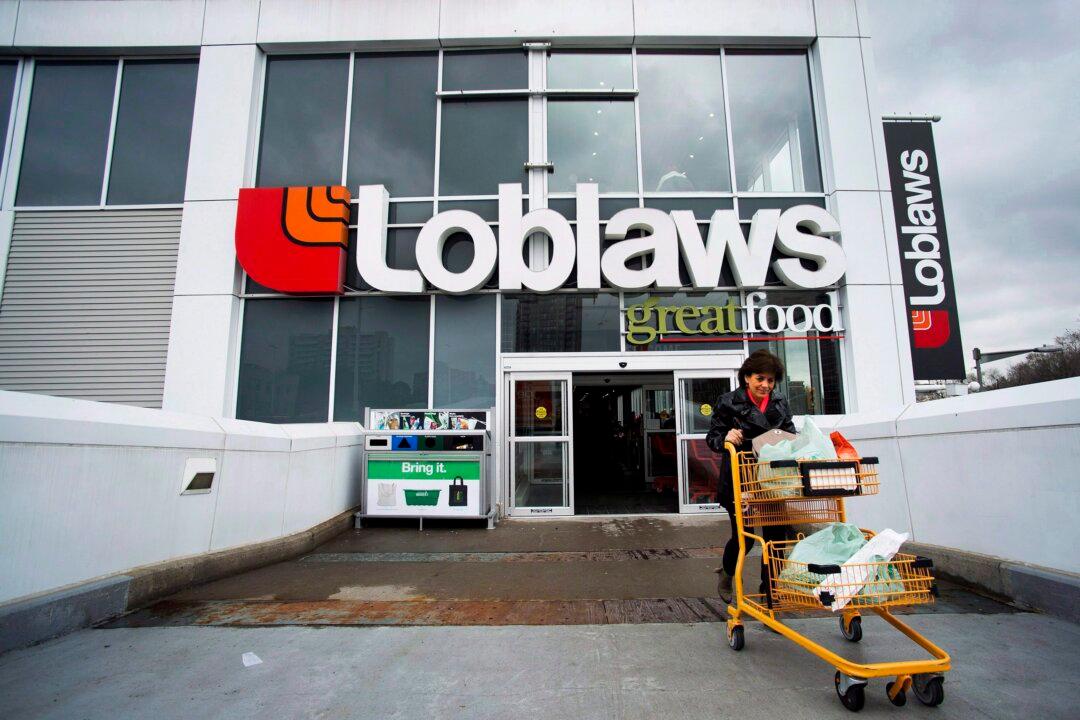Loblaw customers who relied on 50-percent-off deals to make their grocery money stretch a bit further will now have to make do with a smaller discount.
Loblaw Companies Ltd. has changed its policy on expiring items and will no longer offer 50 percent discounts on perishable foods. As of this week, the maximum shoppers can expect is 30 percent off of meat, fruit, and vegetables that are nearing their expiry date.





